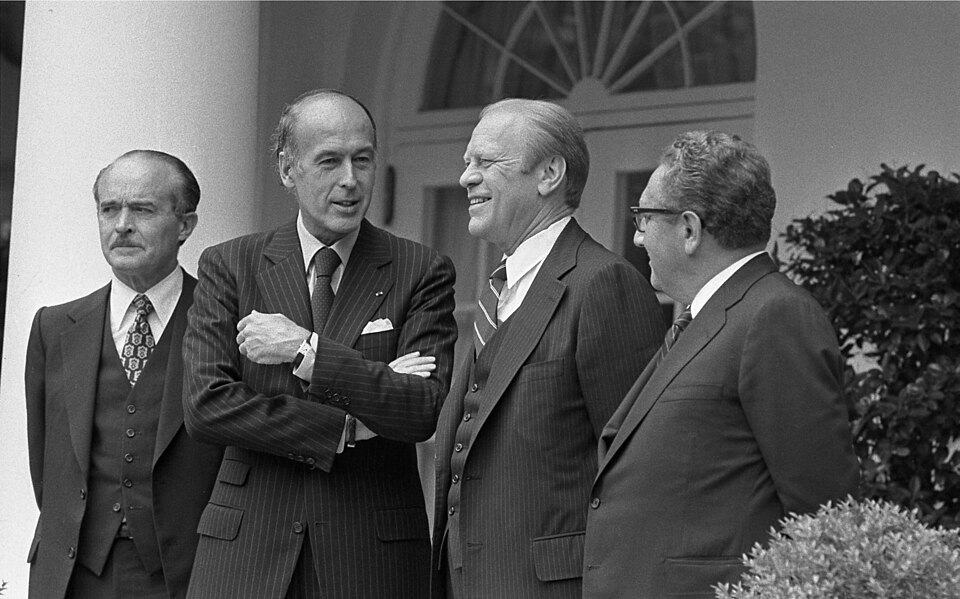Editorial
In setting the tone for the April number of RDN it seems entirely appropriate to repeat in English part of the editorial written by our Editor in Chief, Jean Dufourcq. He reminds us that we are living in times of unprecedented strategic change, and in which we claim to be concerned by the multitude of events occurring around us—the financial crisis, the Arab Spring, emerging challenges of all types and diversification of the way in which power is expressed. Whilst these phenomena call into question our perception of the established order, none should take us off guard since all were long ago predicted by authoritative voices. What we are really experiencing is a crisis of strategic planning, or perhaps a crisis of power…or lack of it. This is not the ‘relative power’ that was still being talked about two years ago, but rather a collective impotence. Impotence, because we no longer know how to plan for the consequences of predicted, yet inevitable events, nor do we know how to adopt a posture to safeguard our common interests in the light of those consequences, on a national or European level. We are living in a period of transition between two world orders: that of Yalta and its ideal of world governance on the Western model, and another, less defined and less universal order that has yet to stabilise. Do we have to wait for stability until the planet’s population reaches the nine billion predicted for the middle of this century? Were we to do so, we would have a long and uncertain transition period before us.
But if there is any strategic surprise, to use the term that was so popular in 2008, it is that the timescale for major change remains unpredictable except, of course, for those who hold to conspiracy theories. Confrontation throughout the world, more or less governed up to now by the Yalta order, is now beyond the control of the usual military, technological and legal frameworks, and tension, conflict and violence at a level seen in wars of yesteryear are developing in fields that call for new responses.
The articles in this April issue take up a number of these subjects and their background. In English, Mustapha Benchenane looks at the reality of perception (sic) with regard to the history, notably religious, of the peoples of the Mediterranean region and how they might better understand each other. Stéphane Gouvernet proposes a theme for socially responsible industry that could carry a government-sponsored label of ‘patriotic’. Idealism flying in the face of commercial reality? Protectionism or isolationism versus globalisation? For you to judge. Finally, Guillem Monsonis gives a view of the emergence of India and looks in particular at the security and commercial rivalry on national, regional and global scales with its neighbours Pakistan and, more particularly, China.
Good reading!




_astronaut_Sophie_Adenot_(jsc2025e058846_alt).jpg)



